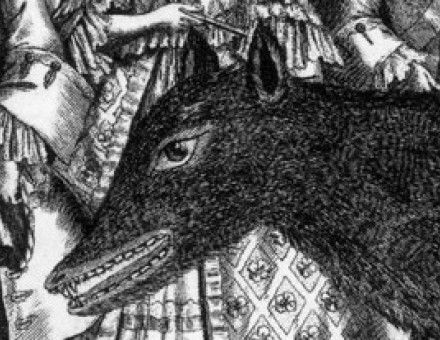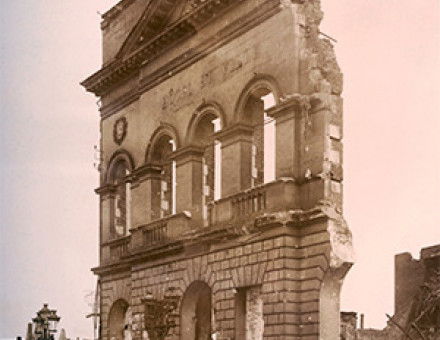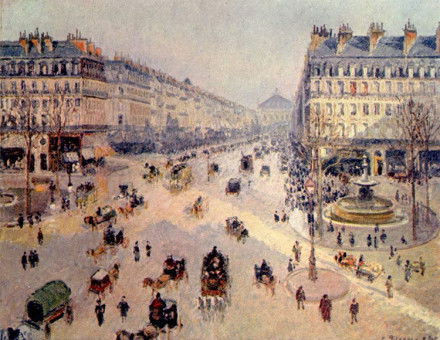The Rhineland Republic: Part II
Julian Piggott, former British Commissioner in Cologne, tells the story, as he witnessed it, of the French attempt in 1923 to create a buffer state on their eastern frontier. The first part of this articles can be found here.





